May 28th: Safeguarding Futures Through Disaster Risk Management: Insights from the MEDiate Project
EENA has partnered with a number of EU funded projects to not only keep you up-to-date on the latest innovations and research in the public safety sector, but to facilitate networking opportunities and knowledge exchange.
This webinar will feature the MEDiate Project, who’s primary outcome will be a decision support framework in the form of service-orientated web tool and accompanying disaster risk management framework providing end users (local authorities, businesses etc) with the ability to build accurate scenarios to model the potential impact of their mitigation and adaptation risk management actions.
This webinar will interest a wide range of professionals working in the public safety sector, including local and regional authorities, policy makers, first responders, disaster risk management professionals, NGOs, technology developers, and urban planners.
Recording
The MEDiate Project
Multi-hazard and Risk-informed System for Enhanced Local and Regional Disaster Risk Management
MEDiate is a HORIZON Europe project with main objective to contribute to improving disaster risk
management and governance. The project is developing a decision-support system (DSS) for the disaster
risk management considering multiple interacting natural hazards and cascading impacts using a novel
resilient-informed and service-oriented approach that accounts for forecasted modifications in the
natural hazards, vulnerability, and exposure. The MEDiate DSS is designed to provide key disaster
management actors with the ability to build accurate scenarios to model the potential impact of their
mitigation and adaptation risk management actions. The scenarios, which can be customized to reflect
local conditions and needs, will be based on a combination of the historical record and future
projections and changes in natural hazards condition to forecast the location and intensity of the natural
hazards related disaster events and to predict their impacts, including cascading impacts, on the
vulnerability of the local physical, economic and social systems. The MEDiate project involves a multi-
disciplinary team of risk engineers, geophysical and meteorological scientists, social scientists,
information technologists and actors in disaster management, working together to ensure that the
project is properly addressing the stakeholders’ needs and the MEDiate-DSS system is supported by
appropriate technology.

Structure of the Presentation
The MEDiate project presentation will be delivered in three (03) parts:
Part 1: The MEDiate Project – Challenges and Objectives
The presenter will provide a general overview of the MEDiate project, highlighting the novelty and
added value of the key exploitable results of the project.
Part 2: Integrating dynamic multi-hazard vulnerability and resilience into formal people-centred and
forward-looking risk assessment. The presenter will provide details on the developed novel dynamic multi-hazard risk and resilience
modeling framework to support decision-making under multi-hazard conditions. Describing the
framework’s main modules and emphasizes the key aspects to consider when implementing it in
different contexts.
Part 3: Definition of multi-hazard interaction models for impact a risk-based assessments. The presenter will explain about the need for a shift in disaster risk management – from single, hazard-
specific approaches to more integrated, multi-hazard perspectives. This shift is crucial in the face of
climate change, which is altering the frequency, intensity, and interdependencies of natural hazards.
PResented by

Dr. Abdelghani Meslem
Senior Research Engineer at Norsar, Norway, and Coordinator of the MEDiate Project

Dr. Gemma Cremen
Assistant Professor in Risk and Resilience Engineering at University College London, UK

